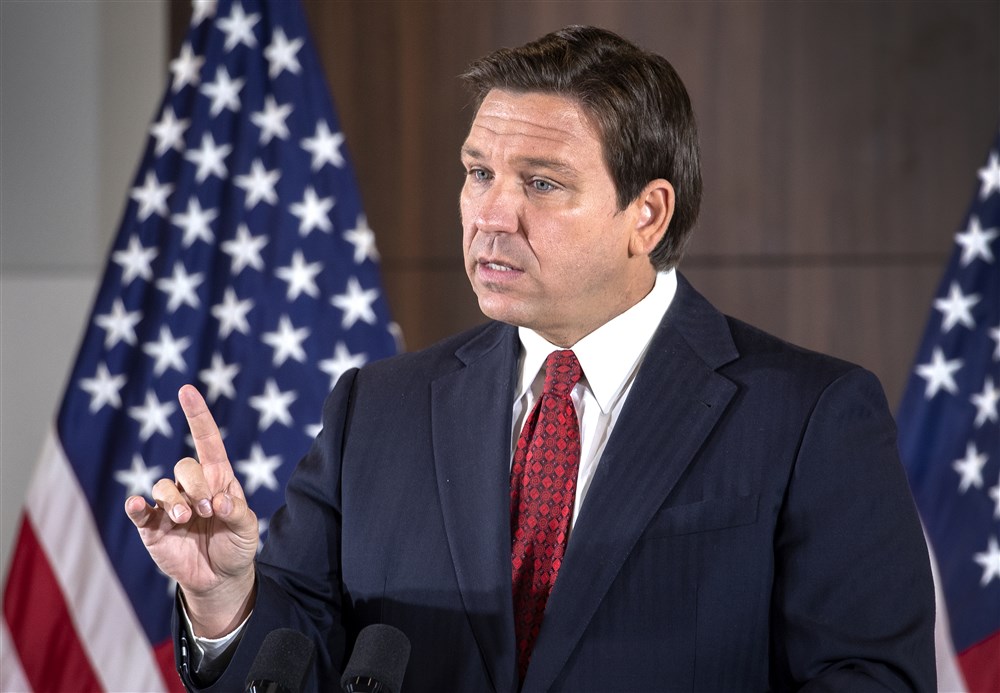The IPI global network expresses alarm at a defamation bill introduced by the Florida legislature that could threaten long-standing legal protections for journalists covering public officials in the United States. The bill is a worrying sign of weakening press freedom standards and commitments in the U.S., which has long been a global leader in legal protections for the press.
Following a panel discussion on defamation law hosted by Florida governor and possible presidential candidate Ron DeSantis, the Florida legislature introduced a bill that would make it considerably easier for public figures to sue journalists for defamation, according to Politico. The proposal lowers the legal threshold for a public figure to successfully sue for defamation; allows plaintiffs who sue media outlets for defamation to collect attorney fees; specifies that comments made by anonymous sources are presumed false for the purposes of defamation lawsuits; and withdraws the journalist’s privilege against court-compelled disclosure of sources for defamation lawsuits. DeSantis’s office attempted to introduce a similar bill in 2022, according to the Orlando Sentinel.
The proposal is expected to ignite a debate around the 1964 Supreme Court ruling of The New York Times Company v Sullivan which has long protected journalists against retaliatory defamation suits when covering public figures and powerful elites, according to The New York Times. Under the precedent set by Sullivan, public figures who sue for defamation must establish “actual malice,” meaning a defendant published with either knowledge that a report was false or with reckless disregard of whether a report was false. During the panel discussion, DeSantis accused mainstream media of taking advantage of the Sullivan case to “smear” politicians, according to The New York Times.
“We urge lawmakers in Florida to reject this bill, which would significantly weaken First Amendment protections for freedom of expression and directly undermine a landmark Supreme Court ruling that has been a bedrock of press freedom and democracy in the United States for more than 50 years”, IPI Director of Advocacy Amy Brouillette said.
She added: “In functioning democracies, public figures must be able to withstand scrutiny for their actions and decisions. Strong democracies are those with a robust watchdog press that can hold public officials accountable without fear of legal action or retaliation. The proposed bill is an alarming affront to the principles and practices of press freedom in the U.S., and would enable public officials and others in positions of power to file baseless and retaliatory lawsuits to silence critics and journalists.”
The proposed bill is the latest salvo against the Sullivan ruling amid growing hostility toward the press in the United States. Justice Clarence Thomas and Justice Neil M. Gorsuch have both called for a reassessment of Sullivan. In October 2022, former President Donald Trump filed a lawsuit against CNN, alleging defamation and seeking $475 million in punitive damages. In a court filing, his lawyers asked the Court to reconsider the precedent established by Sullivan on grounds it “facilitates the pollution of the stream of information about public officials and public affairs with false information.”



